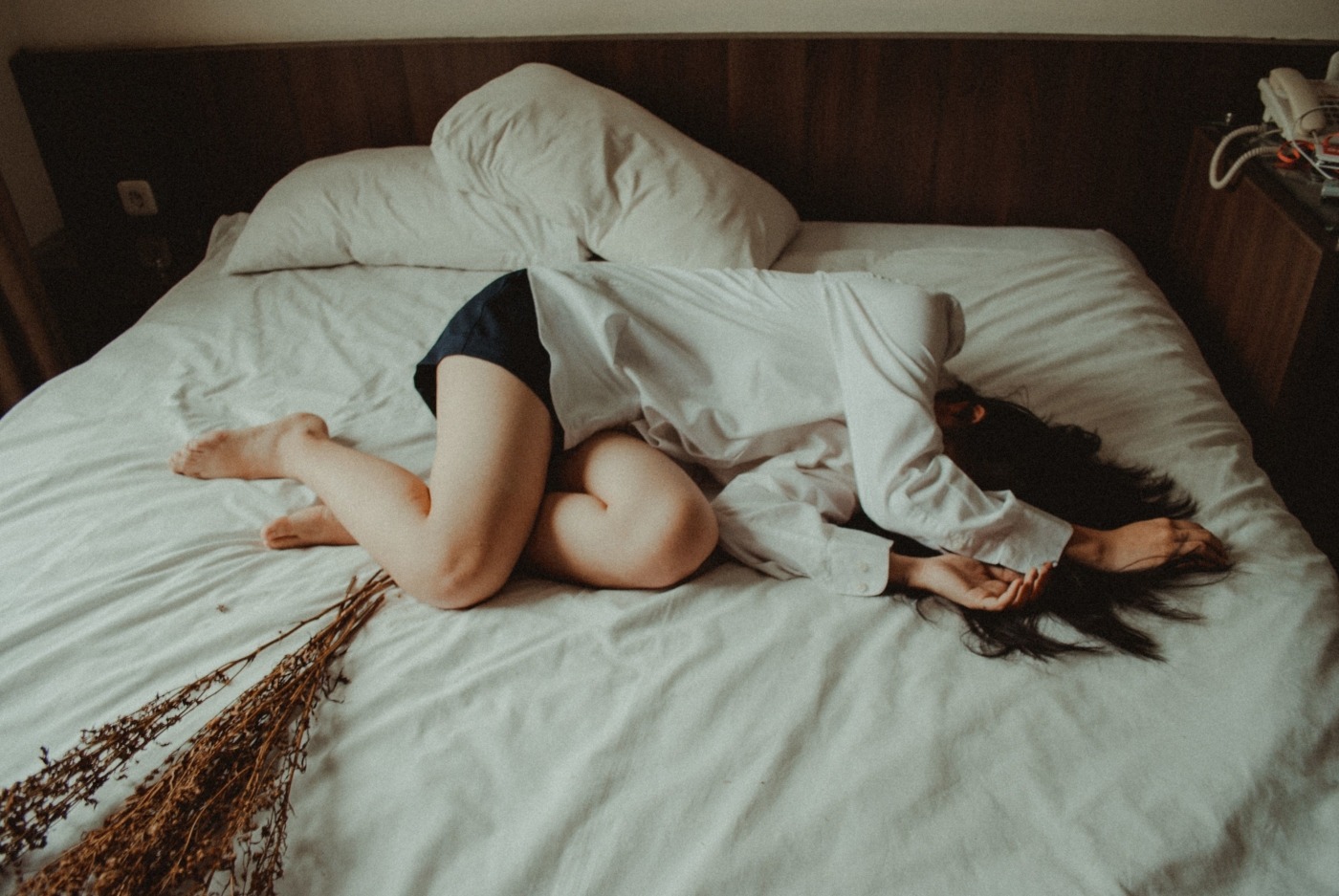A bad night’s sleep could send you falling
Research published by the University of Warwick’s Department of Engineering in collaboration with Warwick Medical School has found that poor sleep quality can reduce balance and increase the risk of falling. The study uses brand new technology to measure the quality of sleep and the resulting impact on stability. These findings along with the new technology could revolutionise the way we manage patients, such as the elderly, who have an increased risk of falling.
Every 11 seconds, a person over the age of 65 is admitted to hospital as a result of injuries sustained from a fall. Around one in three over 65s who live at home will experience a fall at least once a year. Loss of life and long-term disability due to falls can have a huge impact on the lives of elderly people and their loved ones. With the ageing global population, the socioeconomic strain of this on the NHS is ever-increasing. Detailed risk assessments of individuals enable us to identify those who have a particularly high chance of falling, due to factors such as age, medication and other medical conditions. However, despite it being relatively easy to predict if someone will fall, predicting when remains near impossible. Because of this, the benefits of fall prevention techniques are limited. Technology which can predict the time when individuals are most at risk could help prevent thousands of deaths and injuries.
With the ageing global population, the socioeconomic strain of this on the NHS is ever-increasing
The study, published in Nature, involved 20 healthy individuals with no medical history of sleep or balance problems. State-of-the-art non-intrusive wearable monitors were used to measure sleep quality and balance over two consecutive days. Balance was further assessed in a gait lab, where subjects were assessed for centre of foot displacement (COD), which is increased when balance is impaired. Results show that even just a single night of disturbed sleep results in a significant decrease in balance. There is already evidence that sleep deprivation impairs balance, but this is the first sign that sleep quality may also play a role.
These results directly link the quality of sleep and the likelihood of a fall. Therefore, there is the potential that falls could be predicted by monitoring the sleep quality of at-risk groups. This would be particularly useful in hospitals, where elderly people are especially vulnerable due to illness, unfamiliar sleeping environment, light, noise and medication changes which mean that their quality of sleep is often poor.
There is the potential that falls could be predicted by monitoring the sleep quality of at-risk groups
Dr Francesco Cappuccio, head of the Sleep, Health and Society programme at the Warwick Medical School highlights that young, healthy individuals who have acute loss of balance are able to compensate in order to prevent injury, whereas the elderly often cannot and thus are more predisposed to injury. He states that the loss of balance seen in the healthy, young volunteers is likely to be exaggerated in the elderly. Determining whether or not this is actually the case is an important next step in this area of research.
Only when we look further into when and how balance may be affected by sleep quality can we then move towards measures to reduce the number of deaths and injuries resulting from falls.

Comments
Comments are closed here.